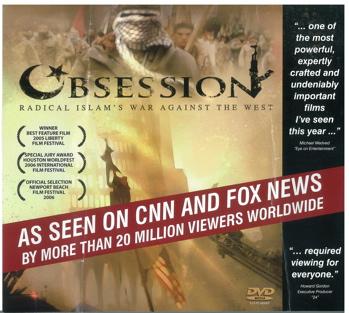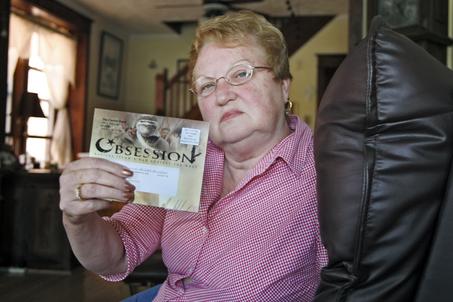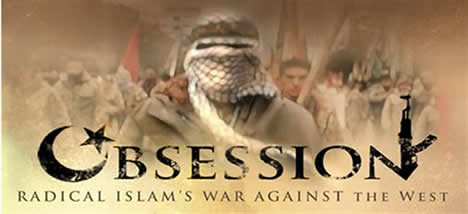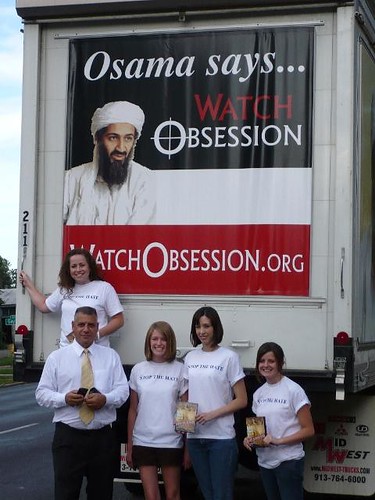Maps- UK London
Children in Low income Families
Red over 50%
Dark Pink 40 to 49 %
Light Pink under 40%
'Millions' of UK
Millions of children in the
The Campaign to End Child Poverty says 5.5 million children are in families that are classed as "struggling" - 98% of children in some areas.
The campaign classes households as being in poverty if they are living on under £10 per person per day.
A government spokeswoman said it had lifted 600,000 children out of poverty and was committed to the cause.
The Campaign to End Child Poverty is a coalition of more than 130 organisations including Barnardo's, Unicef and the NSPCC.
According to its research, there are 4,634,000 children in
It says 174 of the 646 parliamentary constituencies in
The parliamentary constituency with the highest number of children in or close to poverty is Birmingham Ladywood, with 81% (28,420 individuals).
Campaign director Hilary Fisher said the figures were "absolutely shocking".
She said: "There are currently 3,900,000 children in the UK that are classed as actually living in poverty, which impacts on every aspect of a child's life.
"A child in poverty is 10 times more likely to die in infancy, and five times more likely to die in an accident.
"Adults who lived in poverty as a child are 50 times more likely to develop a restrictive illness such diabetes or bronchitis."
Ms Fisher said some families could not afford school uniforms, and chose schools for their children based on uniform cost - which was "not acceptable".
She said: "The government has lifted 600,000 children out of poverty, but 100,000 have gone back for each of the last two years.
"If the government does not allocate £3bn in tax credits and benefits in the next budget, then their plans to reduce child poverty will fail."
A spokeswoman for the Department for Children, Schools and Families said the government was committed to the cause.
She said: "We have lifted 600,000 children out of poverty, we are introducing free nursery education for all two, three and four year olds and have seen an increase in educational outcomes at all ages."
She said local authorities and other service providers had to help it raise family incomes, encourage people to apply for tax credit and benefits and help parents work.
She said the latter was known to be one of the best ways for families to get out of poverty
Donald Hirsch, author of several reports on child poverty, said a single-wage couple with two children would stop getting Working Tax Credit when they were on £18,500 a year - leaving them just above the poverty line.
He said: "The official government measure of poverty is families below 60% of median income before housing costs, so families with this composition on Working Tax Credit will be close to the poverty line."
The report's figures are made up from Child Tax Credit and Working Tax Credit data, and have been calculated by the Centre for Economic and Social Inclusion.
Another area with high child poverty is Bethnal Green and Bow, which has 79% (23,450) of its children in low income families.
The constituency of Bradford West has 75% (24,900) of children in or near poverty, while Nottingham East has 68% (12,360).
Government pledge
An estimated 98% of children living in two zones in Glasgow Baillieston - Central Easterhouse and North Barlarnark and Easterhouse South - are either in poverty or in working families that are "struggling to get by".
And there are 58% of children in Swansea East (10,470) in families of this description.
The constituencies with the lowest levels of families in, or near, poverty are Buckingham and Sheffield Hallam, both with 17%.
At last week's Labour Party conference, Prime Minister Gordon Brown said child poverty "demeans Britain" and repeated his party's pledge to halve child poverty by 2010, and ultimately to end it.
During his speech he said: "The measures we have taken this year alone will help lift 250,000 children out of poverty.
"The economic times are tough - of course that makes things harder - but we are in this for the long haul. The complete elimination of child poverty by 2020."
Harry Potter author JK Rowling recently donated £1m to the Labour Party, saying she was motivated by Labour's record on child poverty.
But shadow work and pensions secretary Chris Grayling said the figures "underline the vast social divide" within cities.
'Broken Britain'
He added: "There are examples of wards within cities where hardly any children live in poverty but sitting alongside these wards are others where virtually every family lives below the poverty line.
"This just goes to show the extent to which Britain is truly broken."
The Scottish government said it was helping low-income families with a council tax freeze, abolishing prescription charges and piloting free school meals.
"However, the limited nature of devolved powers restricts our ability to act," a spokesman said.
"We need significant extra investment by the UK government."
The report's results are for the period of August 2006, except for ward or zone breakdowns, which are for August 2005.
The Campaign to End Child Poverty will stage a rally in London's Trafalgar Square on Saturday 4 October called Keep The Promise, where it will call on Gordon Brown to keep Labour's promises on child poverty.
Millions of children in the UK are living in or on the brink of poverty, according to a report from the Campaign to End Child Poverty.
The umbrella organisation, which includes Barnardo’s, UNICEF, Save The Children and the TUC, has released data for every parliamentary constituency in the UK.
It found that in Birmingham's Ladywood constituency, 81% of children were living in low income families - the highest proportion in the UK.
Low income means families where no-one is working more than 16 hours a week or where the family is receiving the full amount of Working Tax Credit.
The campaigners say this is not a direct measure of exactly how many children are in poverty, but is a good indicator of which areas have the highest child poverty levels.









